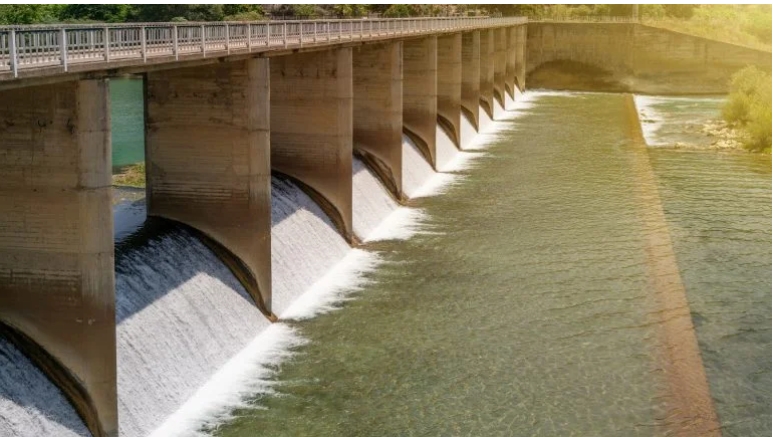
India, which aims for net zero emissions by 2070, is looking for renewable power to fuel its economic expansion. Nepal and Bhutan have surplus power and export 2,070 megawatts and 700 megawatts, respectively, to India.
The two Himalayan nations seek investments to meet their power addition targets.
Bhutan aims to own 25 gigawatt of annual power generation capacity - 20 GW hydro and 5 GW of solar - by 2040, while Nepal seeks 28 GW generation capacity in the next 10-12 years, the officials said.
"To achieve (our target) we need access to financing from Indian banks, and access to the Indian energy market," said Chhewang Rinzin, managing director of Bhutan's state-run Druk Green Power Corp.
Indian private companies like Tata Power, Adani Group and Reliance Power have signed agreements with Druk Green for building hydro electric projects.
Bhutan allows 49% private investment in its hydro power project and if required would consider raising the limit to achieve its 2040 target, Rinzin said.
Nepal has an annual capacity to produce about 3,000 MW of power, which is 95% hydro.
Indian private investment is required to develop potential projects, said Kul Man Ghising Tamang, managing director of Nepal Electricity Authority.
"Nepal's hydro power is open to all private companies and there is no restriction on investment," Tamang said, adding that multiple Indian companies including Adani group are working on projects that are under different stages of development.